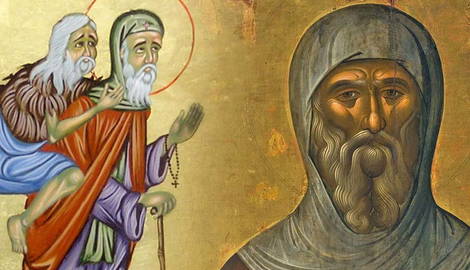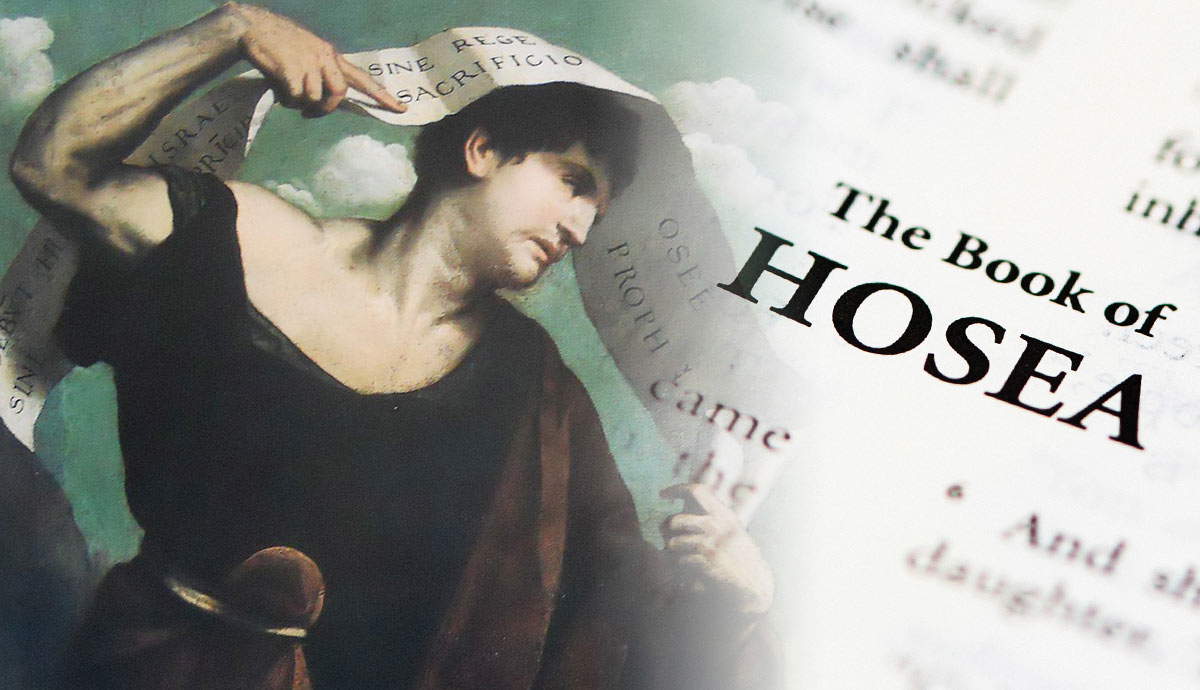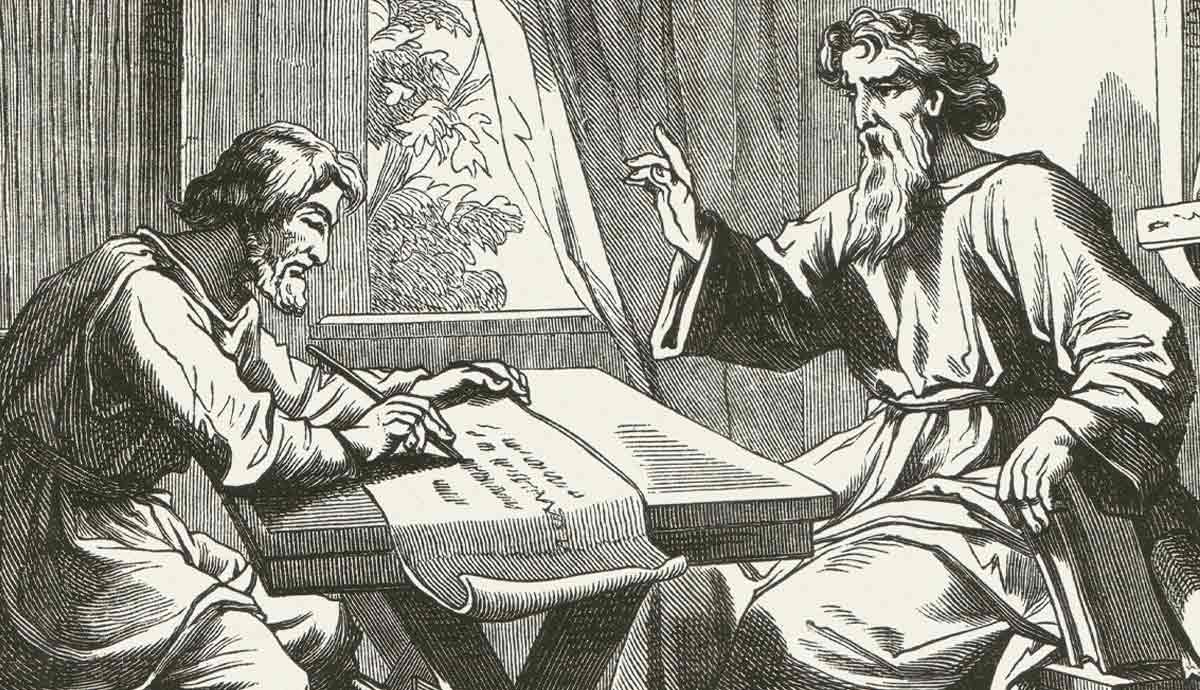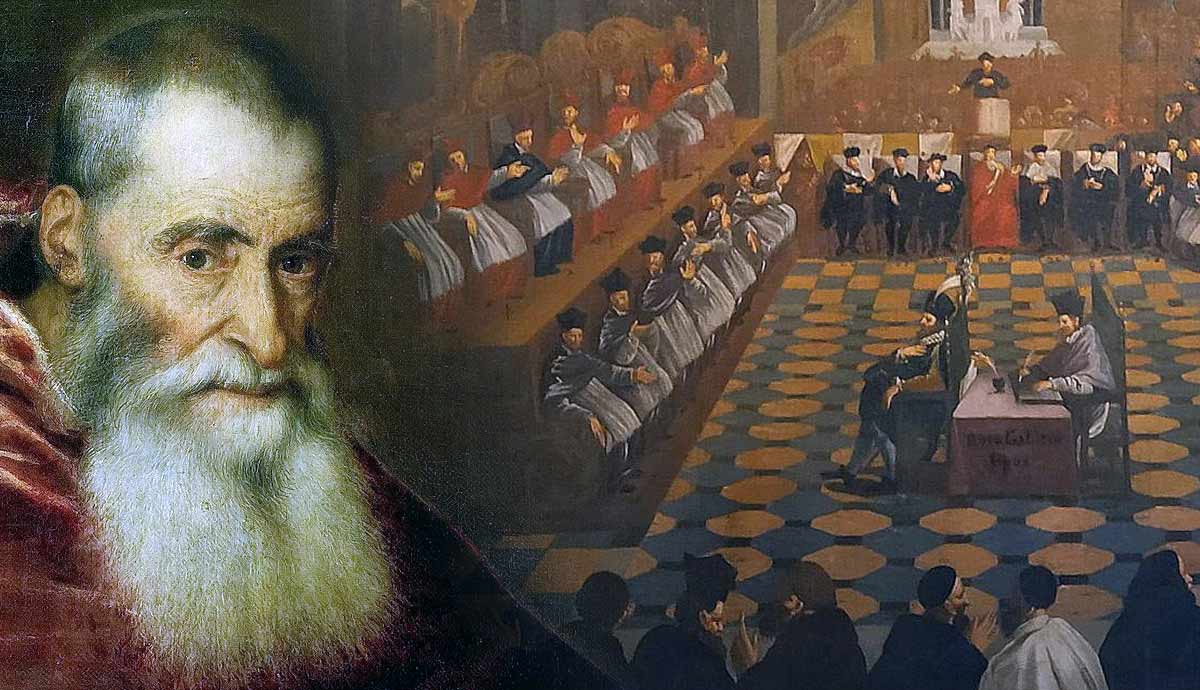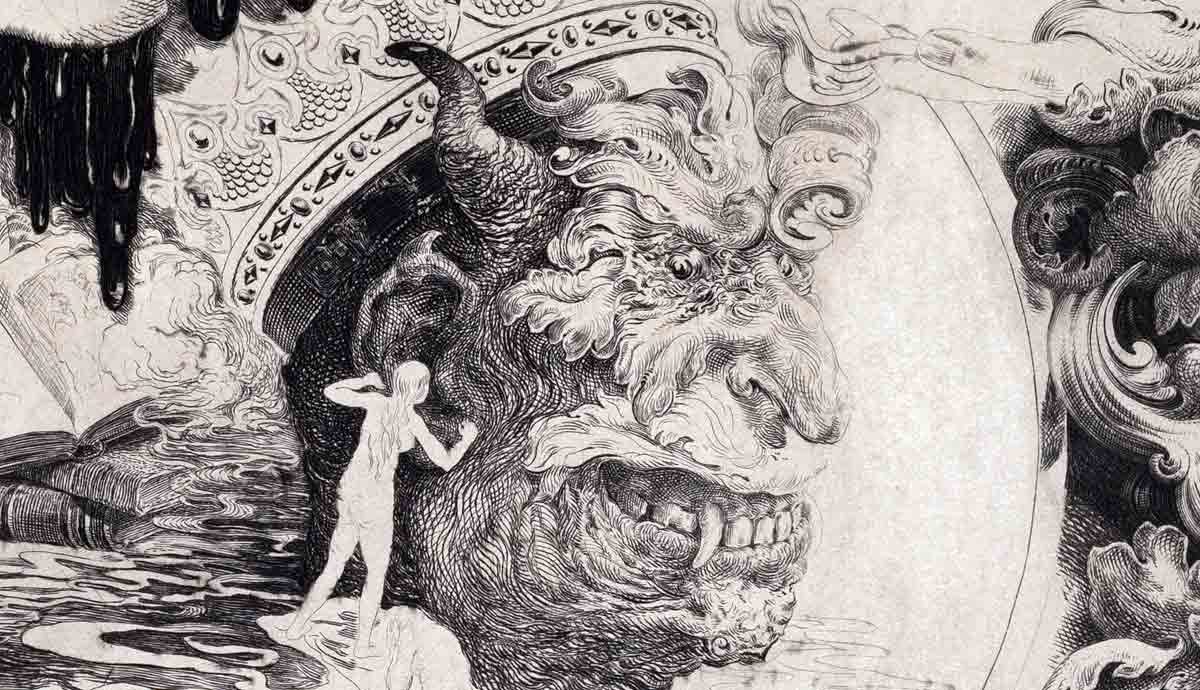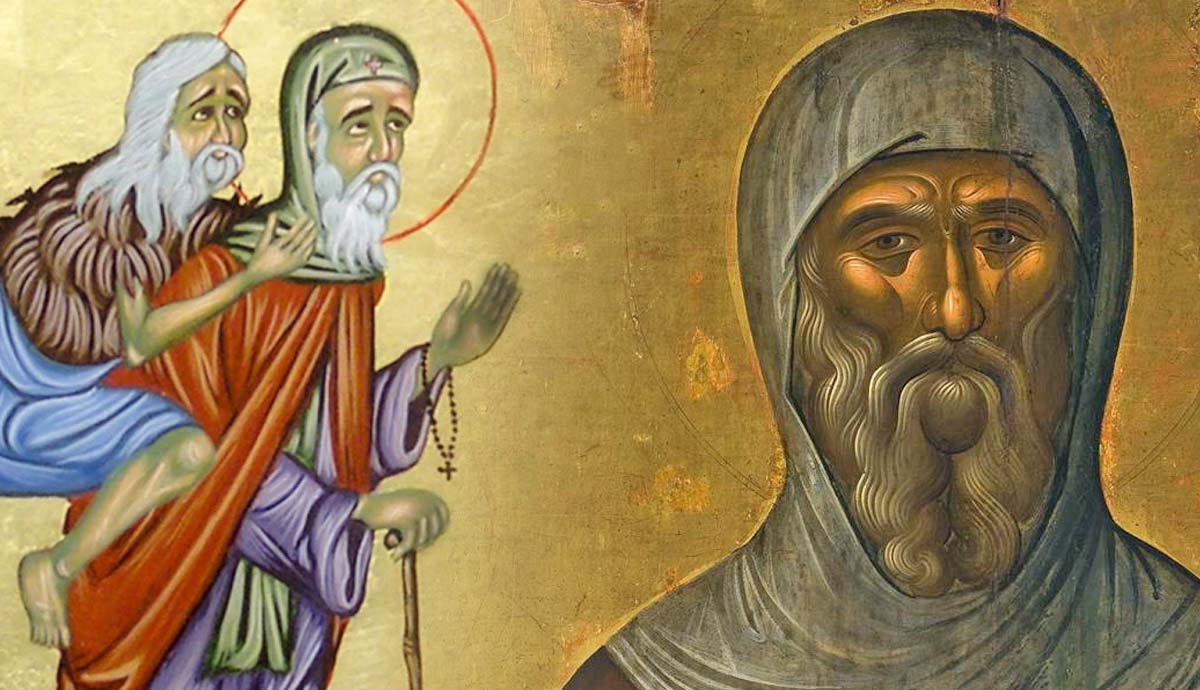
The Desert Fathers withdrew from society, embracing monastic living in the deserts of Egypt, Palestine, and Syria. They wished to live holy lives that reflected the dedication and commitment they had to their faith. They set themselves apart, studying the Bible and spending much of their time in prayer and meditation. Their wisdom and insight into spiritual matters made them sought-after wise men and many people searched them out to learn from them. Some of their wisdom was captured in collections called the Sayings of the Desert Fathers.
Wisdom of the Desert Fathers

Life in the desert was not easy, but moving there was intentional and purposeful. The Desert Fathers chose this lifestyle to challenge themselves to learn discipline and to avoid the temptations of life in broader society. Some temptations, however, cannot be avoided because they originate in the flesh.
Many of the sayings of the Desert Fathers deal with these temptations and challenges. In some instances, their wisdom speaks to interactions with others and how to deal with certain situations. To fully appreciate the range of themes their sayings address, let us consider some of the categories their wisdom can be divided into: Ascetic Practices, Prayer and Contemplation, Humility and Obedience, Love and Community, Spiritual Warfare, and Simplicity and Detachment.
Ascetic Practices

Monasticism, which the Desert Fathers embraced, espouses many ascetic practices such as fasting, silence, solitude, and self-denial as paths to spiritual growth. These practices require much discipline and self-control. The lifestyle is a struggle against passions such as lust, anger, and greed.
St. Anthony the Great, who scholars regard as the father of monasticism, aptly emphasized solitude and self-discipline as foundational elements to shut out the noise of society. It allows the practitioner to focus on introspection with the goal of confronting flaws in character, attaining positive change, and walking closer to God. This idea is reflected in one of his sayings:
“He who sits alone and is quiet has escaped from three wars: hearing, speaking, and seeing. But there is one thing against which he must continually fight: that is, his own heart.”
In contemporary society, we see his sentiments toward the three wars depicted in the “hear no evil, speak no evil, and see no evil” poses. He seems to have regarded solitude and silence as the answer to these three challenges, acknowledging that one’s own character cannot be escaped so easily.
Saint Anthony’s focus on silence was shared by Father Arsenius who was born into a noble Roman family but set the privileges of the aristocracy behind him in search of spiritual things. He was known for his humility and dedication to silence and prayer. He said:
“I have often repented of having spoken, but never of having been silent.”
Prayer and Contemplation

Silence goes together with prayer and contemplation. Overcoming the self (ego) was one of the greatest challenges the Desert Fathers faced. In their writings, they refer to this contentious issue, which often manifests in relationships with others, in the context of prayer. Father Nilus is a prime example. Nilus wrote extensively on prayer, asceticism, and spiritual life. Three of his most notable sayings on prayer are:
“Everything you do in revenge against a brother who has harmed you will come back to your mind at the time of prayer.”
“Prayer is the seed of gentleness and the absence of anger.”
“If you want to pray properly, do not let yourself be upset or you will run in vain.”
He alludes to emotions that are often stirred up and may impede effective prayer. This notion resonates with Matthew 5:23-24 which states:
“So if you are offering your gift at the altar and there remember that your brother has something against you, leave your gift there before the altar and go. First, be reconciled to your brother, and then come and offer your gift.”
It indicates that bad relations with others influence our relationship with God.
Humility and Obedience

The sayings of the Desert Fathers show that they believed humility and obedience are pathways to surrendering ego and growing spiritually. Father Moses the Black stated:
“If a man’s deeds do not agree with his prayer, he labors in vain.”
Father Poemen (also spelled Pimen, Poimen, or Pœmen), made a significant contribution to the Apophthegmata Patrum (Sayings of the Desert Fathers) in his lifetime during the 4th and 5th centuries. He said about teaching obedience:
“Teach your mouth to say what is in your heart.”
Arguably the most potent recollections from Sayings of the Early Christian Monks (De Vitis Patrum, Sive Verba Senorium) on humility goes:
“A hermit was asked by a brother, ‘How do I find God? With fasts, or labour, or vigils, or works of mercy?’ He replied, ‘You will find Him in all those, and in discretion. I tell you many have been very stern with their bodies, but have gained nothing by it because they did it without discretion. Even if our mouths stink from fasting, and we have learnt all the Scriptures, and memorized the whole Psalter, we may still lack what God wants, humility and love.’”
Love and Community

Charity and love are core virtues in Christianity. Few express the idea of selflessness like Father Agathon who was known for his love and kindness. He was one of the most admired figures among the monks of the Egyptian desert for the practical way he expressed the virtues of love and community. He declared:
“If I could meet a leper and give him my body, and take his, I should be very happy. That is perfect love.”
It expresses the essence of John 15:13 “Greater love has no one than this, that someone lay down his life for his friends.” Agathon shows that this verse does not necessarily imply death but taking up the struggles of another for the rest of your life.
Spiritual Warfare

A primary concern addressed in the sayings of the Desert Fathers is spiritual warfare. The lives of many of these fathers stand as a testament to their struggles with evil. What set them apart was that they would do anything to gain victory.
Father Evagrius Ponticus, who systematized the “eight evil thoughts,” which are the precursors to the Seven Deadly Sins, said:
“A monk must beware of the demon of acedia (spiritual sloth).” Acedia refers to apathy or laziness in personal spiritual development. It results in abandonment of the spiritual life resulting in worldliness.
Through their study of scripture and diligent prayer and meditation, the Desert Fathers gained insight into the strategies of the devil, which allowed them to resist the onslaught they experienced. St. Anthony the Great argued,
“A man who knows the schemes of the devil is untroubled by him.”
Their acute awareness of the ways in which their spirituality may be undermined empowered the Desert Fathers to maintain their spiritual growth and well-being for decades on end.
Simplicity and Detachment

Aware of the danger of acedia, Father Zosimos emphasized vigilance and consistency in monastic life. He contributed to the sayings of the Desert Fathers by declaring:
“In time, through neglect, we lose even the little fervor that we suppose we have in our ascetic renunciation. We become attached to useless, insignificant, and entirely worthless matters, substituting these for the love of God and neighbor, appropriating material things as if they were our own or as if we had not received them from God. ‘What do you have that you did not receive? And if you received it, then why do you boast as if it were not a gift?’ (1 Cor. 4:7).”
Their ability to exert self-discipline to the extreme seems strange in an era when people tend to be more and more attached to status, possessions, and technology. Zosimos, however, was not opposed to possession per sè. He also stated:
“For as I always like to say: ‘It is not possessing something that is harmful, but being attached to it.’”
Sayings of the Desert Fathers

The sayings of the Desert Fathers bear witness to their dedication, commitment, self-discipline, wisdom, and life experiences as men of faith who embraced an ascetic lifestyle in search of a closer walk with God. We benefit greatly from their insights even though most people today might regard them as religious fanatics.
This article has only touched on the Apophthegmata Patrum. It is well worth reading the sayings of the Desert Fathers to gain a clearer understanding of the wide range of themes they spoke to, and to learn from their wisdom. Very few people today will choose a lifestyle that abandons the creature comforts of contemporary society to dedicate themselves to their faith. Strange as their choices may seem, the sayings of the Desert Fathers suggest that they regarded their life choices as a net gain and a life well spent in search of deeper insight into the mysteries of God.
